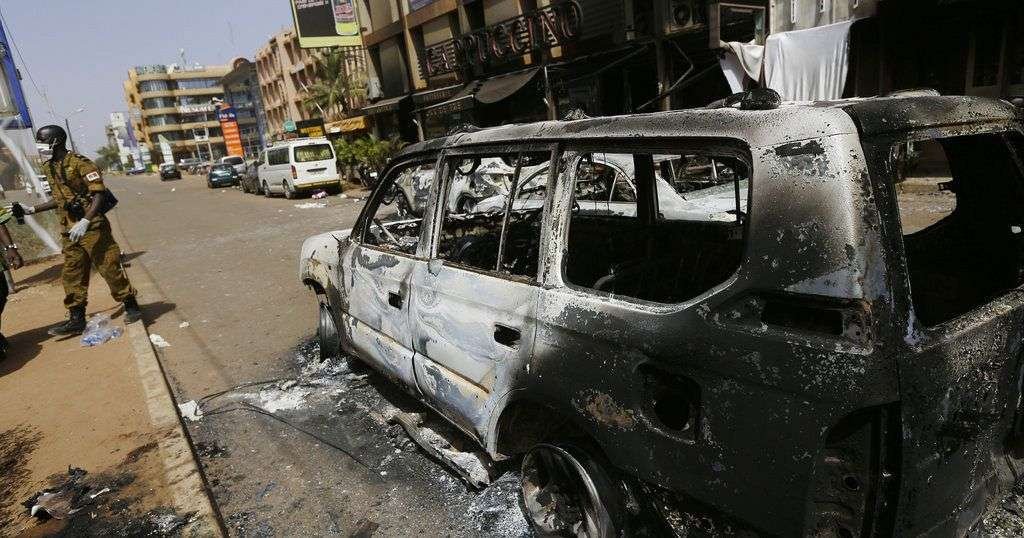Ouagadougou, Burkina Faso – (African Boulevard News) – Burkina Faso has experienced another deadly attack in the north, leaving two civilians and 50 “terrorists” killed on Wednesday. According to the army general staff, the attack was a “complex ambush” against the military escort of a food convoy.
The incident occurred in the northern Sahel region of the country, where extremist groups have increased activities in recent years. The convoy was traveling from the town of Arbinda to the city of Ouahigouya when it was ambushed, resulting in the deaths of two civilians who happened to be in the convoy’s path.
The army responded immediately and engaged the attackers, resulting in the death of 50 militants. The army also reported the recovery of a significant amount of weapons and ammunition from the attackers, including rocket launchers.
Burkina Faso has been facing an increasing number of attacks from extremist groups, including Al-Qaeda in the Islamic Maghreb and the Islamic State in the Greater Sahara. The country’s government has struggled to contain the militants, who have been conducting frequent attacks on military and civilian targets.
The Sahel region of Burkina Faso has suffered the highest number of attacks, displacing thousands of people from their homes. The situation has exacerbated the already fragile humanitarian situation in the country, with many people facing food insecurity and a lack of basic services.
The government has deployed thousands of soldiers to the region to counter the militants, but they continue to mount deadly attacks. Many experts have attributed the insecurity to failed governance and economic challenges facing the country.
As the country continues to grapple with the insecurity, many are calling on the government to address the root causes of the problem, including poverty, unemployment, and marginalization.
In conclusion, the attack on the food convoy highlights the severity of the security situation in Burkina Faso. It highlights the need for a comprehensive approach to tackling the threat posed by extremist groups in the country. The government and its partners must address the underlying causes of the insecurity, including poverty and exclusion, to bring an end to the violence.

